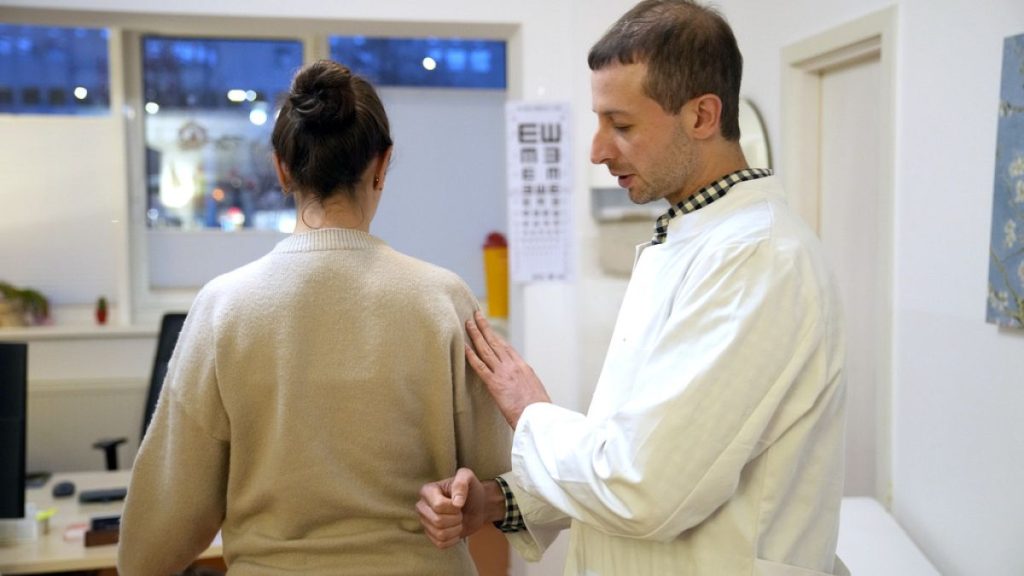Germany’s healthcare system, grappling with a significant workforce shortage exacerbated by an aging population and a lack of skilled labor, has become heavily reliant on foreign medical professionals, particularly Syrian doctors who sought refuge in the country over the past decade. The recent political upheaval in Syria, including the reported fall of Bashar al-Assad, has sparked concerns within Germany about the potential return of these doctors, potentially leaving a significant void in the healthcare sector. While some German politicians have voiced intentions to encourage the return of refugees, others recognize the crucial role Syrian doctors play in maintaining the functionality of the German healthcare system.
The number of Syrian doctors working in Germany is estimated to be between 5,000 and 6,000, representing a substantial portion of foreign medical professionals. They are considered indispensable to the healthcare system, filling critical gaps in hospitals and medical practices across the country. The prospect of their departure has raised alarms among healthcare leaders, who fear the impact on patient care, particularly in smaller hospitals or clinics where Syrian doctors often constitute a significant part of the medical staff. While a mass exodus is not currently anticipated, the potential loss of even a portion of these doctors could strain an already overburdened system and potentially lead to localized service disruptions.
The reactions among Syrian doctors in Germany to the situation in Syria are diverse. Some, particularly those with strong family ties remaining in Syria, are considering returning if stability is established. Others, having integrated into German society and established their lives and careers in the country, express a desire to remain. This latter group often expresses a sense of belonging and a desire to contribute to both German and Syrian societies, envisioning potential collaborations to rebuild Syria’s devastated healthcare infrastructure while continuing to serve the German population. Despite these varying perspectives, there is no indication of a widespread, imminent return to Syria among Syrian doctors currently practicing in Germany.
However, underlying issues within the German healthcare system contribute to the potential for doctors, including Syrian professionals, to seek opportunities elsewhere. Low wages compared to other developed countries, long working hours, and persistent understaffing create a challenging work environment that can deter medical professionals from staying in Germany long-term. Addressing these systemic issues is crucial not only for retaining Syrian doctors but also for attracting and retaining medical professionals in general, ensuring the long-term stability and effectiveness of the German healthcare system.
The potential departure of Syrian doctors underscores the complex interplay of geopolitical events, migration patterns, and domestic policy challenges. While the immediate threat of a mass exodus seems minimal, the situation highlights the vulnerability of the German healthcare system to external factors and the importance of cultivating a supportive and attractive environment for foreign medical professionals. Germany’s response to this potential challenge will require a nuanced approach that balances the desire to support the reconstruction of Syria with the need to maintain a functioning healthcare system at home.
Ultimately, the future of Syrian doctors in Germany remains uncertain. Their decisions will be influenced by the evolving political landscape in Syria, their personal circumstances and family ties, and the working conditions and opportunities available to them in Germany. Germany’s ability to retain these valuable professionals will depend on its ability to address the systemic issues within its healthcare system and create an environment where foreign medical professionals feel valued, supported, and incentivized to contribute their skills and expertise for the long term. This situation serves as a crucial reminder of the interconnectedness of global events and the importance of fostering inclusive and sustainable healthcare systems that can withstand unforeseen challenges.














